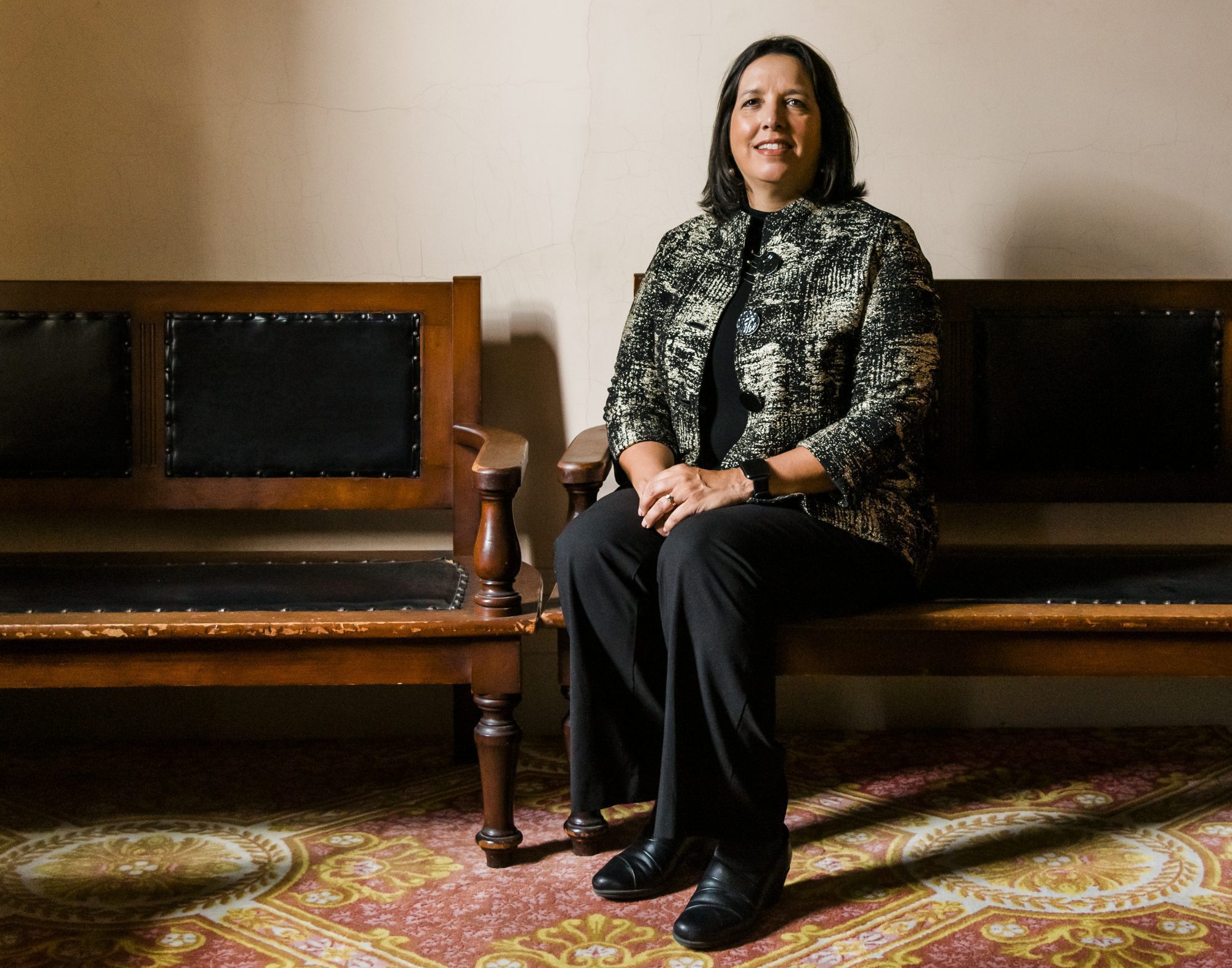SALEM — Mayor Kimberley Driscoll has joined more than 50 other mayors from across the country in the new nonpartisan Mayors Alliance to End Childhood Hunger coalition, where mayors take action to end childhood hunger in cities nationwide.
Driscoll is the first Massachusetts mayor to join the coalition.
With around 12 million children in the country living in families considered food insecure, Driscoll said the need for a coordinated and thoughtful approach to tackling food insecurity in communities has never been more apparent.
“As we rebuild from this pandemic, access to nutritious food for every child and family is at the top of every city and town’s list of concerns,” Driscoll said. “Fortunately, in Salem, we have spent years laying a strong foundation to address these challenges. Now, as we work on equitable recovery measures for our neighborhoods, our schools, and our families, it’s clear that fighting childhood hunger is an essential priority, and we’re ready to take it on.”
This alliance is a partner of the national nonprofit Share Our Strength and its No Kid Hungry campaign, and was created to use the expertise of mayors to continue driving change at the state and national level.
Lisa Davis, senior vice president of Share Our Strength’s No Kid Hungry campaign, said mayors have witnessed firsthand the hardships their constituents are facing.
“Their cities are on the front lines of responding to the short- and long-term impacts of hunger in their communities,” Davis said. “During the COVID-19 pandemic, we have seen mayors address child hunger in a variety of creative ways, like advocating for and strengthening nutrition programs, to creating innovative public-private partnerships and growing awareness of the systemic connections between poverty, racism and hunger.”
Driscoll and the city have a history of supporting policies and programs to end childhood hunger.
In 2017, Driscoll convened the Salem Food Policy Council, later renamed “Salem Food for All,” to coordinate a community-based response to food insecurity and leverage partnerships with existing stakeholders.
Salem Public Schools provides every student with free breakfast and lunch during the school year through the Community Eligibility Provision, and the city has been an advocate for Project Bread’s School Meals for All, a bill that, if passed, will make sure that every public-school student in the state receives free breakfast and lunch during the school year.
Salem Public Schools has also been a sponsor of the USDA’s Summer Eats program for nearly 20 years, ensuring that children have access to healthy meals during the summer months.
In 2014, Driscoll was awarded a grant through the Eos Foundation to hire a Summer Eats program manager to expand and promote the program by partnering with other community organizations.
Driscoll also spearheaded a community meals program for families, the Salem Meet & Eat, which was a need identified in the Salem Community Food Assessment.
When the pandemic closed down schools in March 2020, the Salem school district continued providing meals to children, with school buses delivering breakfasts and lunches to bus stops and city parks during the school closure to provide enough meals for seven days a week.
The schools distributed between 50,000 and 75,000 “grab-and-go” meals each month during the school closure.
The city also provided financial assistance to local food-assistance organizations like The Salem Pantry and Root so they could expand their services.
Salem’s municipal farm project, the Mack Park Farm, began its first growing season in the spring of 2020 and with the assistance of volunteers, the farm has grown more than 12,000 pounds of fresh produce that was provided to Salem families free of charge.
For more information about the Mayor’s Alliance to End Childhood Hunger, please visit: www.mayorshungeralliance.org. For more information about Salem Food for All, please visit www.facebook.com/SalemFoodforAll.

